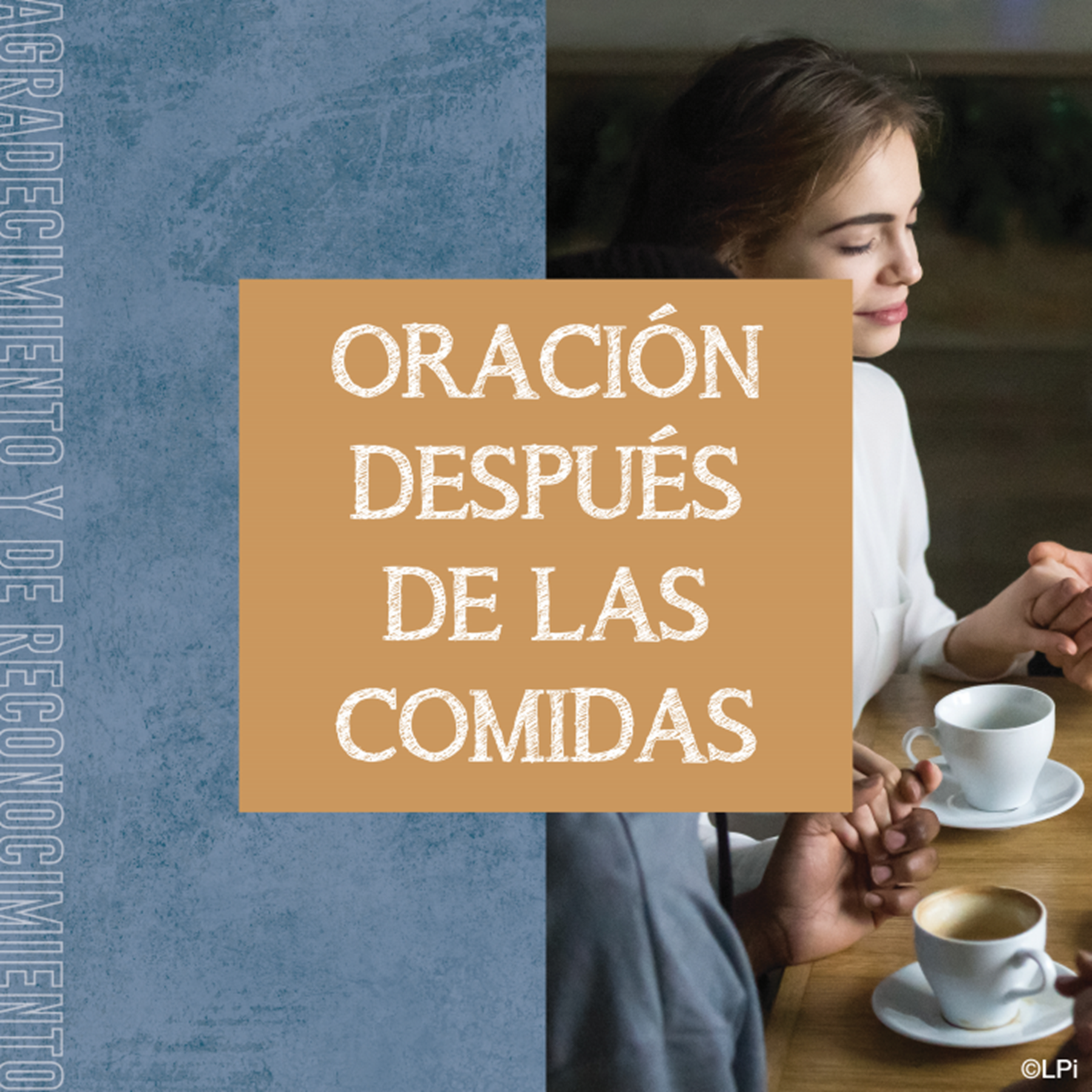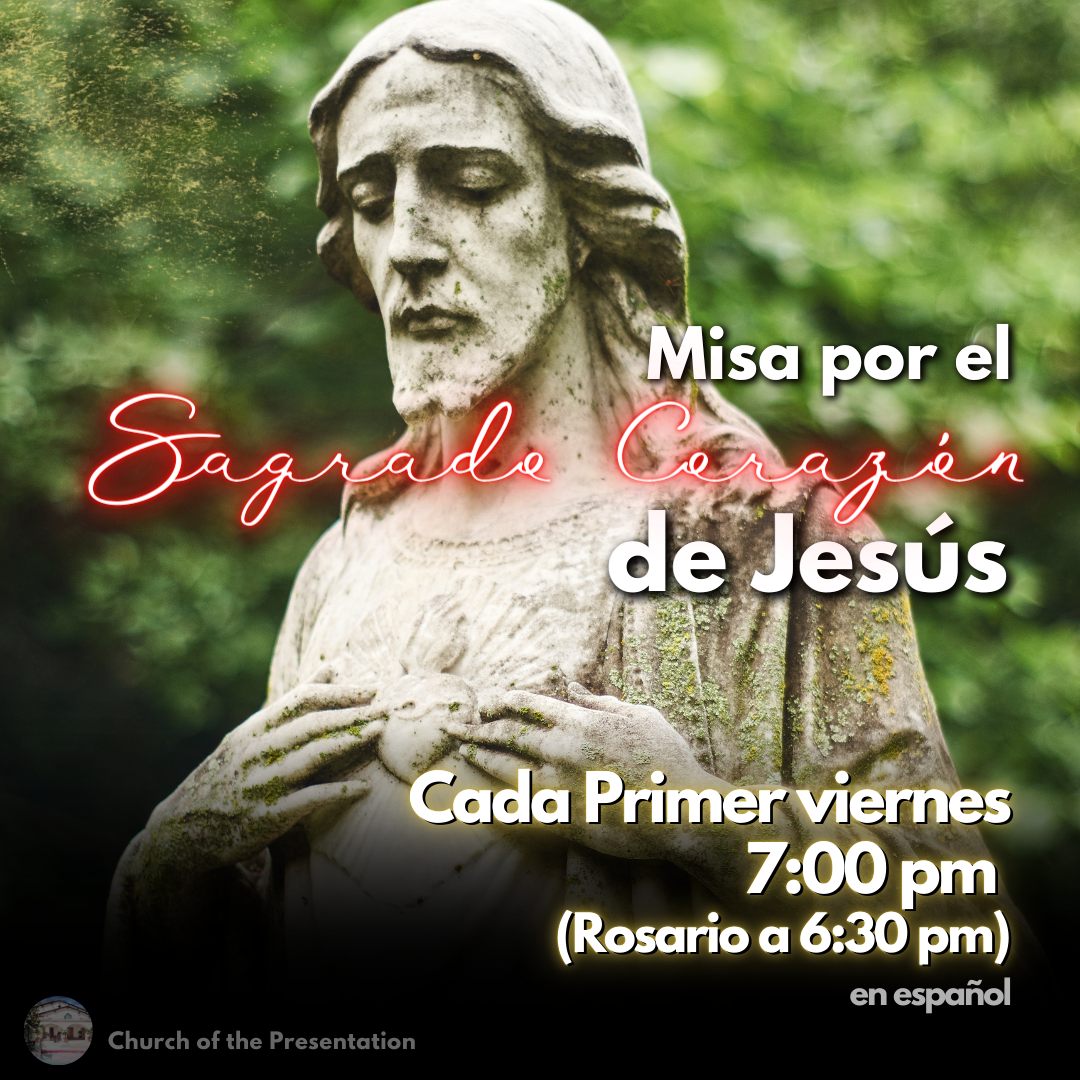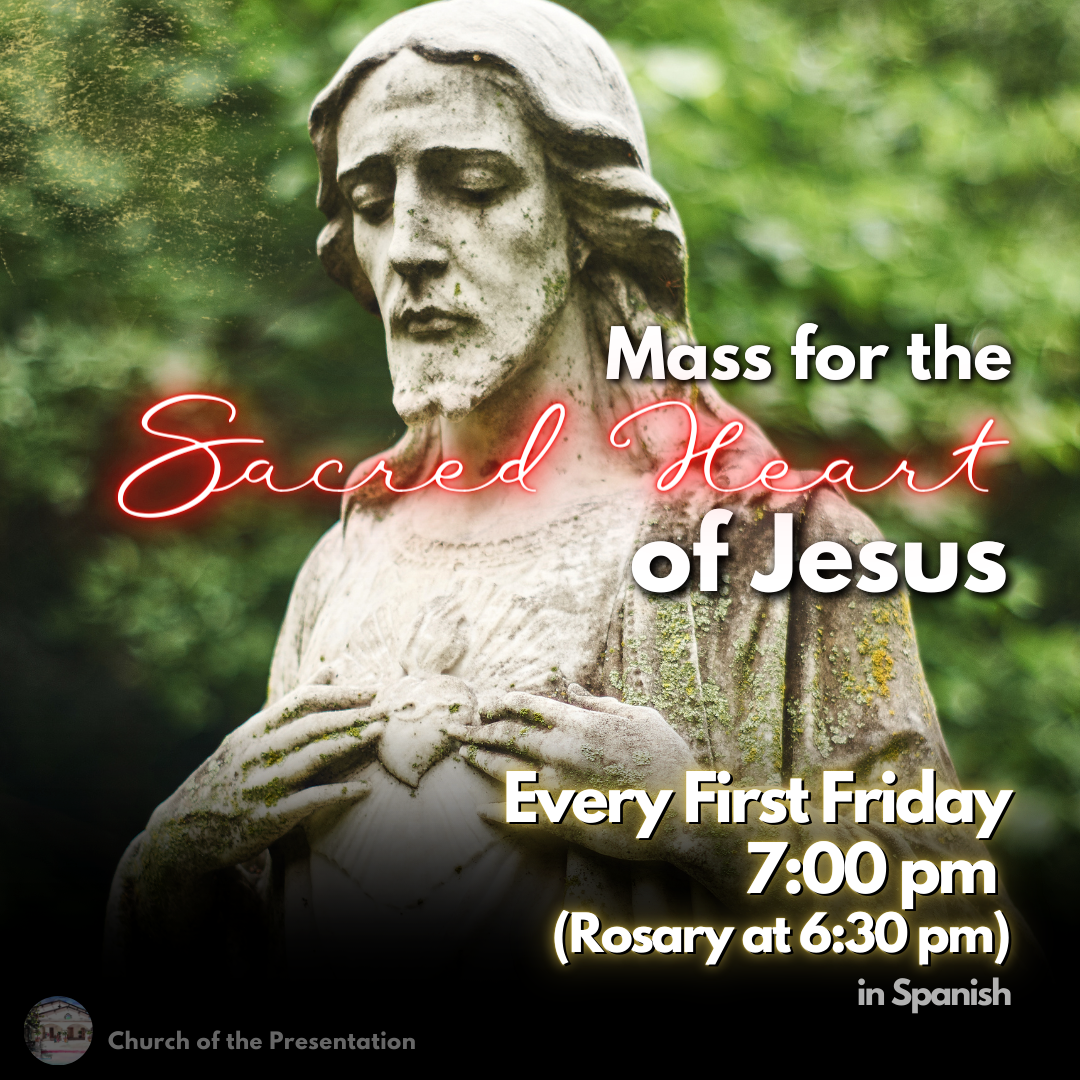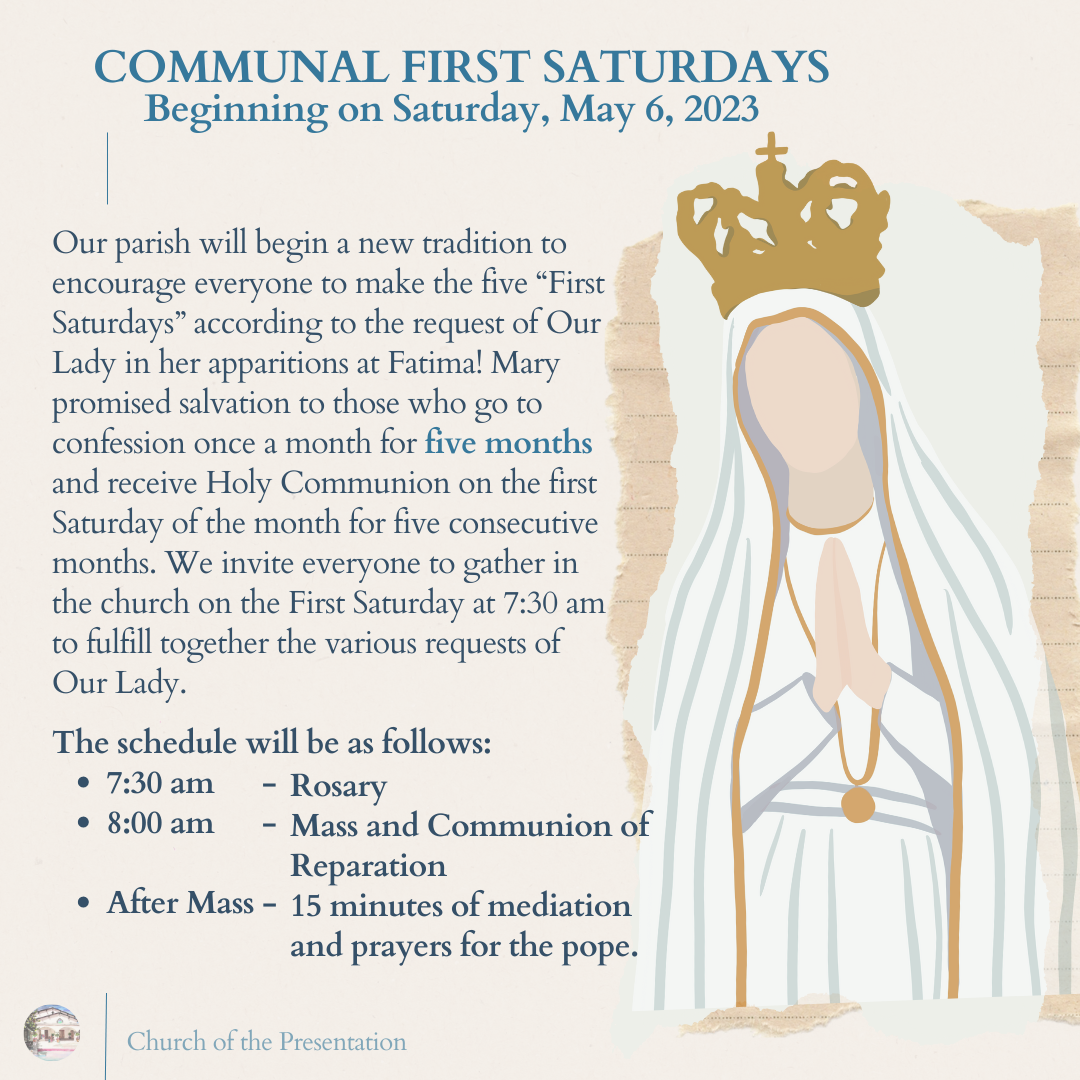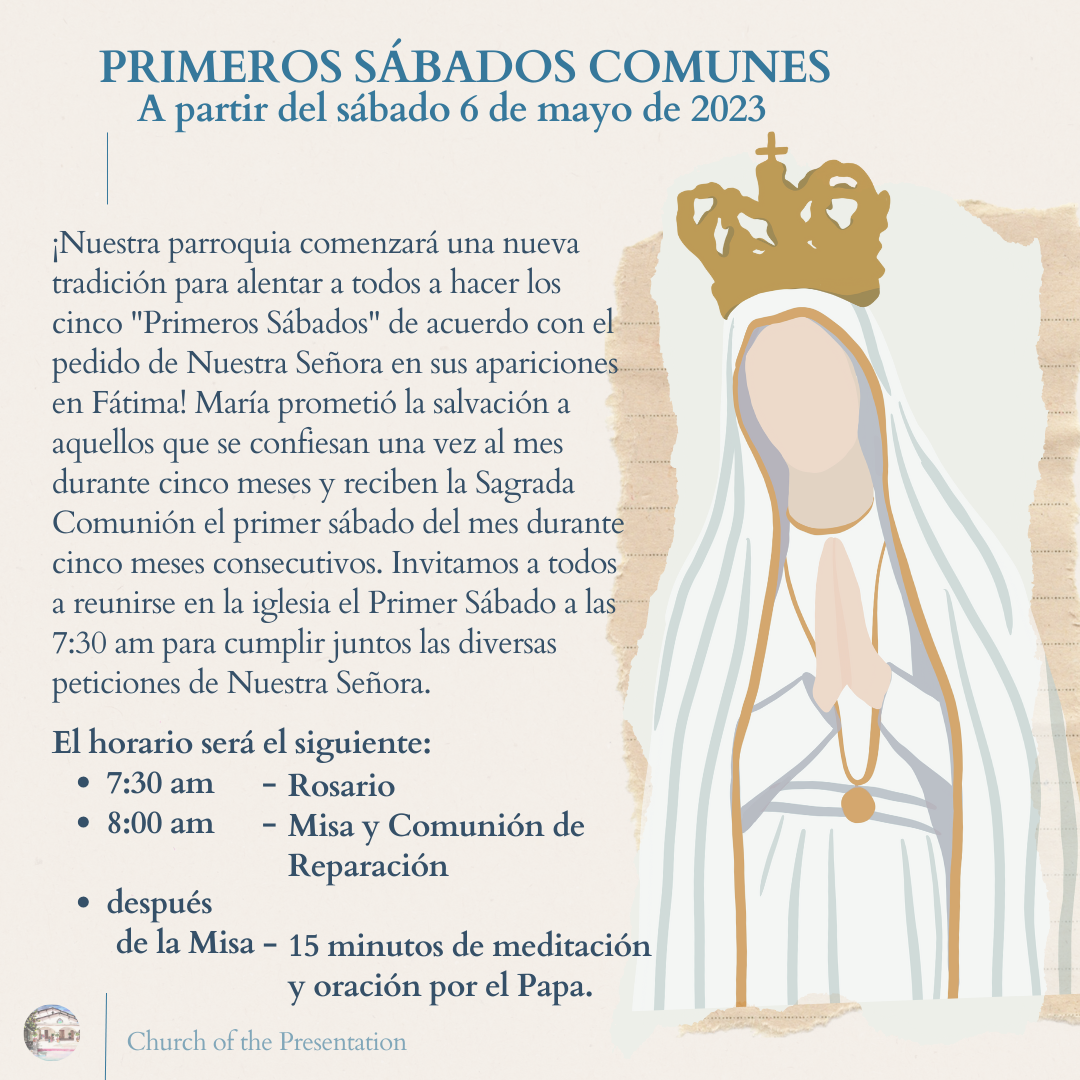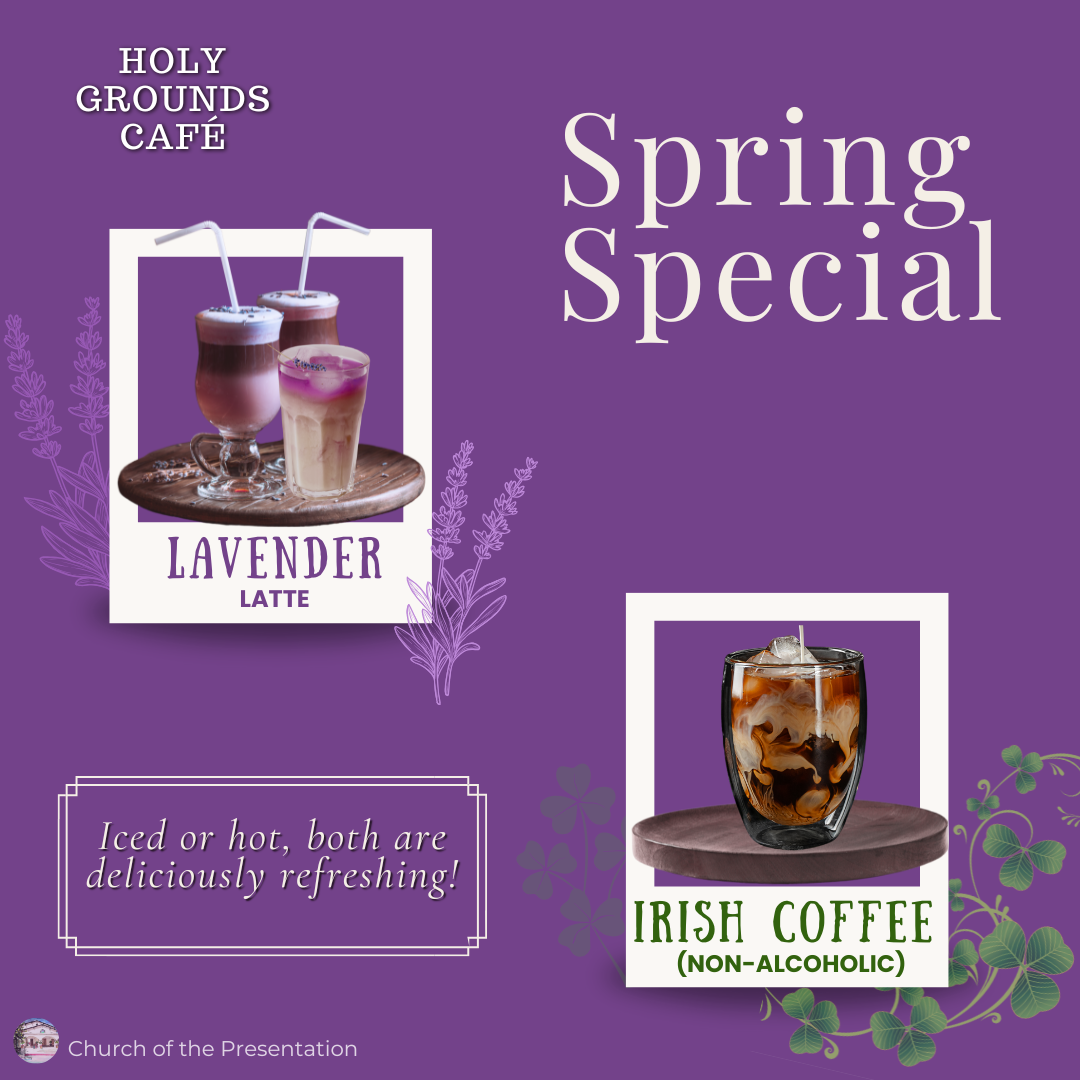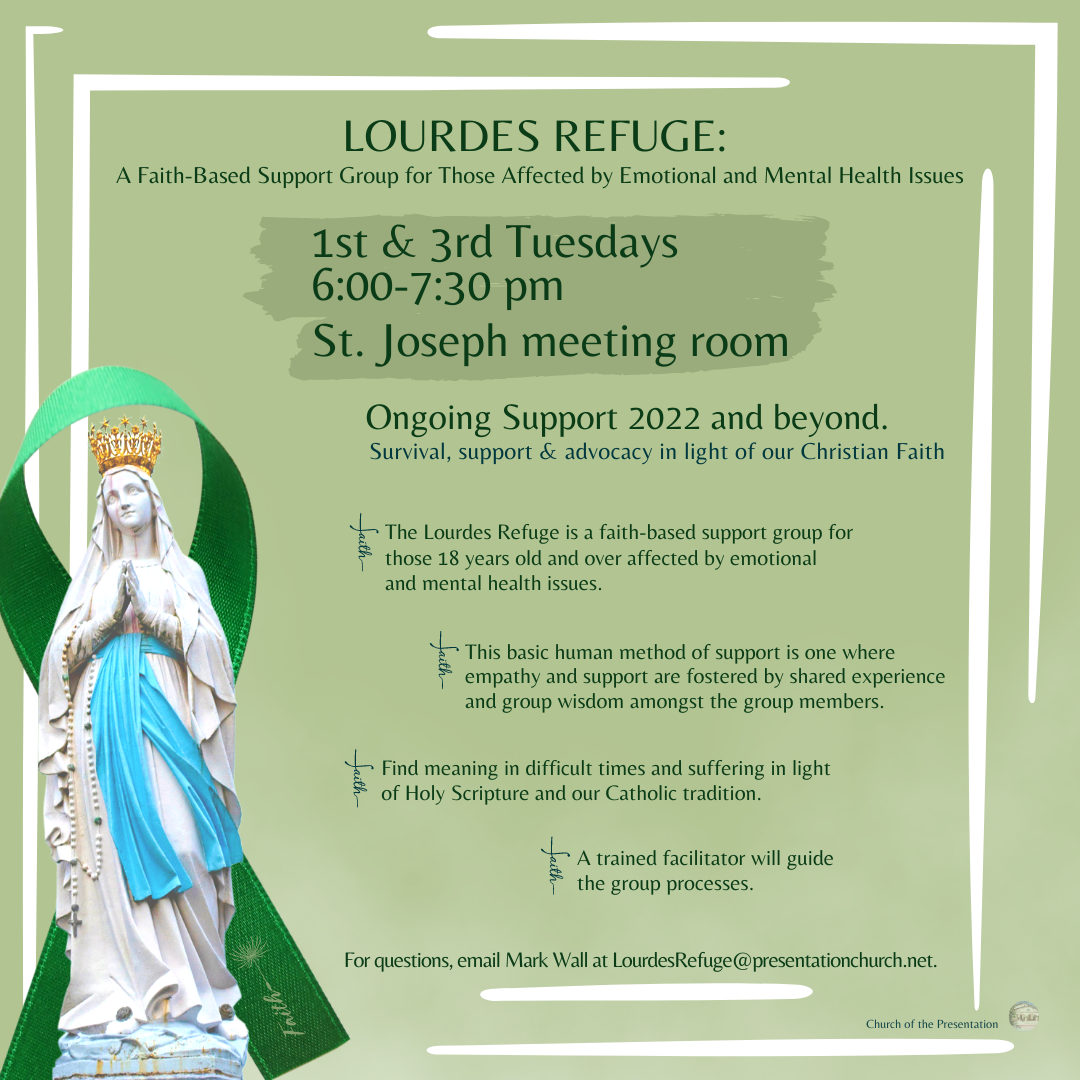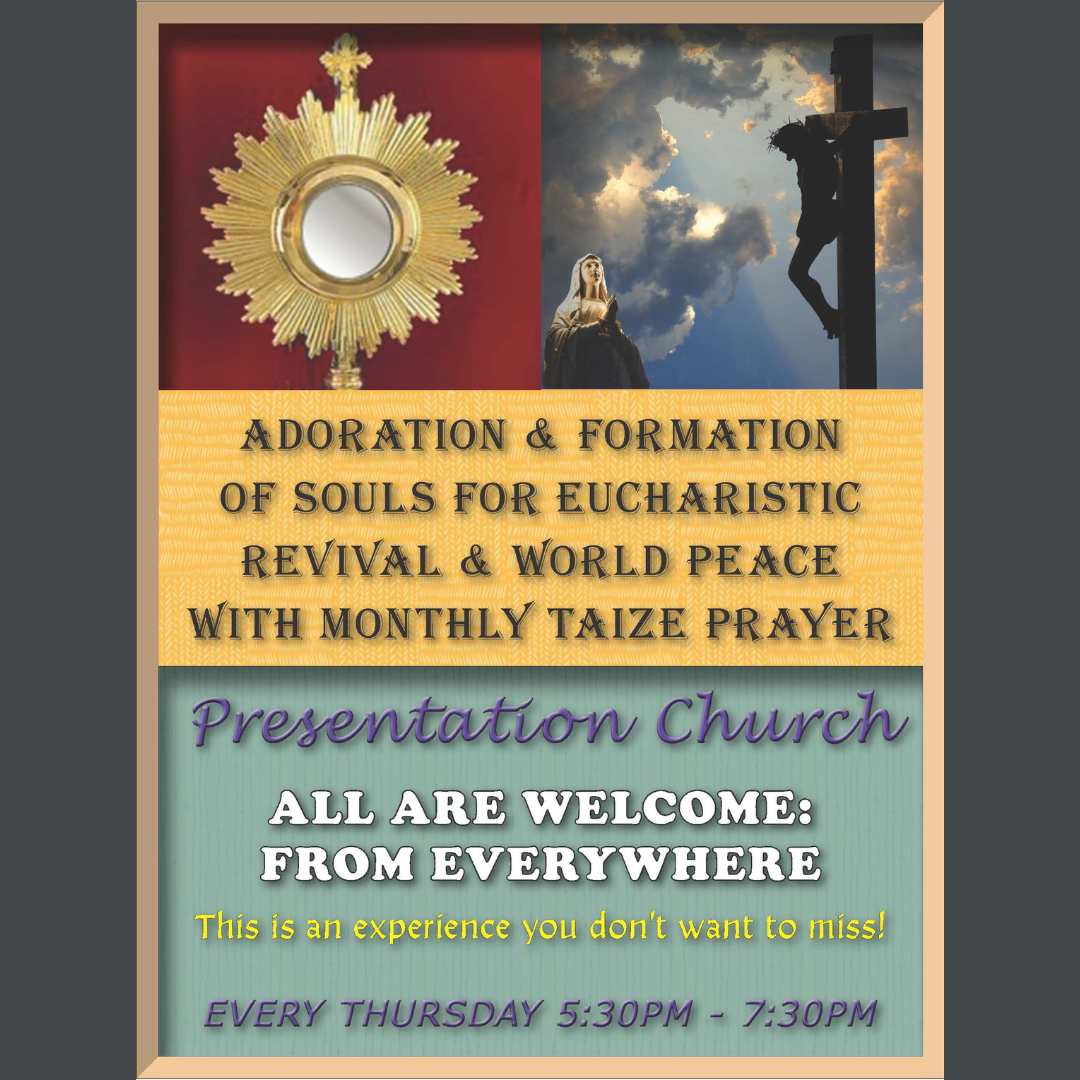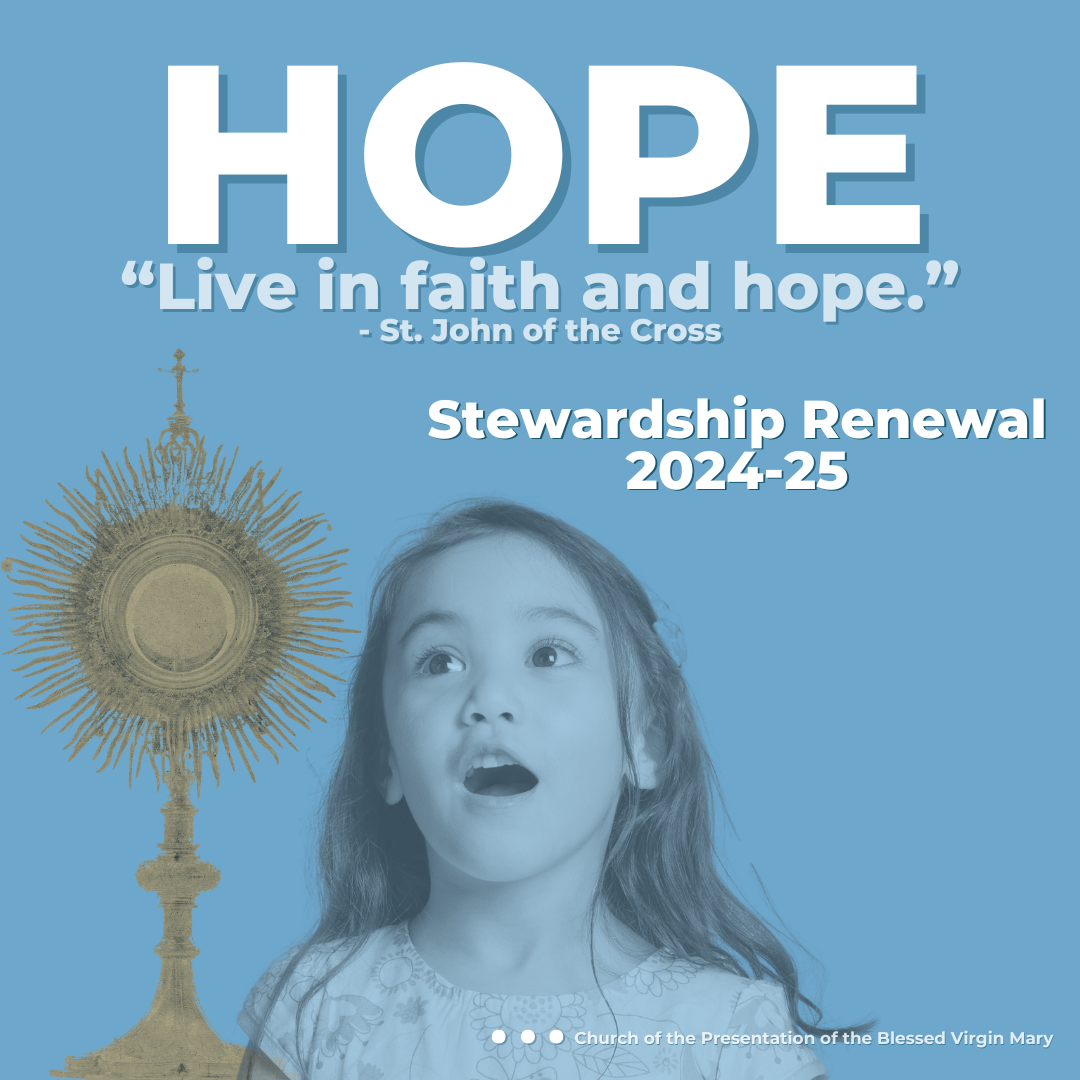“Become Rich in What Matters to God”
What matters to God is that little children learn their catechism, love Jesus, and receive him in Holy Communion. What matters to God is that the teens have a place to go where they can be safe from the evils of society. What matters to God is that adults continue to grow in their faith. What matters to God is that the poor and the needy are served. What matters to God is what our parish does. When we support the church, we are building up the place that matters most to God. In today’s Gospel, Jesus warns us not to be like the man whose land produced a bountiful harvest and decided to build larger barns to store up “many good things” for himself so that he could “eat, drink, and be merry.” Jesus warns us that if we hold on to everything, we will lose everything: “Thus will it be for all who store up treasure for themselves but are not rich in what matters to God.” When we tithe to the parish, we become rich in what matters to God. Recently, we have been asking everyone to increase their weekly donation to the parish because our offertory has not kept up with increasing costs. I ask everyone to try to give more so that we can continue to do the same work that matters to God. One of the richest men in America was a man named George Strake. He was born in St. Louis, Missouri, in 1894, the youngest of ten children in an impoverished family. He had to drop out of school to work as a Western Union messenger boy, earning nine dollars a week. Of his nine dollars, he faithfully gave two each week in the Sunday collection at the Catholic Church. For some years, he worked for Gulf Oil in Mexico and became an expert in finding oil in frontier areas. Eventually, he went on his own and became a “Wildcatter,” searching for oil deposits in remote places. He married a woman from Texas. During the depression, they became broke, but got their wife’s permission to spend their last money to purchase a piece of land near the town of Conroe, about forty miles north of Houston, where he believed he would find oil. He drilled five thousand feet deep and hit a vast underground ocean of oil, and instantly became one of the wealthiest men in the world. For the rest of his life, he gave generous contributions to many charities, but especially to the Catholic Church.
In 1940, Pope Pius XII secretly asked George Strake to pay for the secret excavations under
St. Peter’s Basilica, which led to the discovery of the bones of St. Peter. The excavations were kept secret because it was during World War II, and Rome was occupied by the Fascists under Mussolini. This story is told in a marvelous book called “The Fisherman’s Tomb”, by John O’Neill. The author was interviewed by Raymond Arroyo (see video at youtube.com/watch?v=C1lp3o_-qw8 ). Stake’s money helped to prove the 2000-year-old belief that the tomb of St. Peter was directly under the dome of St. Peter’s Basilica. Strake’s oilfield also helped us win World War II by producing five hundred million barrels of crude oil to fuel Allied planes, ships, and tanks around the globe. George Strake believed that his wealth was a gift from God because it came from God’s Earth. He knew that he was like the rich man in today’s parable: “There was a rich man whose land produced a bountiful harvest.” Here is a quotation from the book which reveals the beautiful attitude of George Strake, who was truly “rich in what matters to God.” “George Strake held the curious belief that he was simply a stakeholder of the vast Conroe Field, and that it was a gift from God, not the result of his own cleverness or worth. He said that far from being a crazy Lone Wolf Wildcatter, he was actually a team of two. His job was to return the field’s vast wealth to the causes God approved. As a result of this conviction, he was strongly devoted to causes such as St. Joseph’s Hospital, the Boy Scouts, high schools and universities, but most of all to the Catholic Church. On his desk, he kept the saying of another legendary oilman and philanthropist from Pittsburgh, Michael Benedum: ‘God doesn’t care how much money you have when you die. God does care what you did with the money while you were alive.’ Stake deeply feared leaving substantial funds to his children because of the corrosive effect of money. In fact, he intended to give everything away while he was still alive, even the things he loved most. In all his contributions, he demanded total anonymity. He often said that he intended to give his last dollar away anonymously with his last breath” (The Fisherman’s Tomb, page 34)
St. Catherine of Siena had a similar experience. One day, she was praying “Create a clean heart within me” (Psalm 51) and asking Jesus to take her heart and her will, and Jesus comforted her with a mystical vision. Jesus “appeared to her that her Heavenly Bridegroom came to her as usual, opened her left side, took out her heart, and then went away…” A few days later Jesus appeared again and showed his Sacred Heart to her and said: “Dearest daughter, as I took your heart away from you the other day, now, you see, I am giving you mine, so that you can go on living with it forever.” (From the writings of her spiritual director Bl. Raymond of Capua). Jesus wants to steal our hearts and give us his!
Of course, we know that Jesus remains with us on Earth in the Blessed Sacrament, which is the everlasting token of his love, and which is his very self. Jesus left us his precious Body and Blood as “a memorial of his death and Resurrection.” At every Mass, Jesus gives us the love of his Heart, which has suffered so greatly for us! This month, we will prepare for the great Feast of the Body and Blood of the Lord (June 21) by having an entire week of events related to the Eucharist here at Presentation BVM Parish. We will once again host the “Eucharistic Miracles Exhibit” in our Community Center (June 13-19). There will be “Forty Hours” of Adoration of the Blessed Sacrament exposed in the monstrance day and night in our church (June 15-17). All this will prepare us for a grand “Corpus Christi Procession” through the streets of our neighborhood. We will publicly show our love for Jesus with this solemn parade and will honor him with songs, prayers, and flower petals in the street! (Saturday, June 20). The following Friday is the Feast of the Sacred Heart of Jesus, which we will celebrate with a bilingual Mass (June 27).
The holy teenager Carlos Acutis (1991-2006), who will be canonized a saint later this year, was the one who created the Eucharistic Miracles Exhibit, which now tours the world. This young man understood the significance of the amazing miracles that have happened throughout the centuries. Eucharistic Hosts have caused healings, extinguished fires, levitated, and flown through the air. These miracles have caused instantaneous conversions of sinners, Satanists, skeptics, and scientists. Even brute animals have miraculously recognized the Real Presence of Jesus. In recent years, there have been famous cases in which Sacred Hosts have been transformed in appearance. Using microscopes and scientific analysis, scientists recognize living human heart tissue, which seems to be that of a suffering, dying man. These extraordinary miracles point to the truth of the ordinary miracle that happens at every Mass: Jesus has left us his heart!




